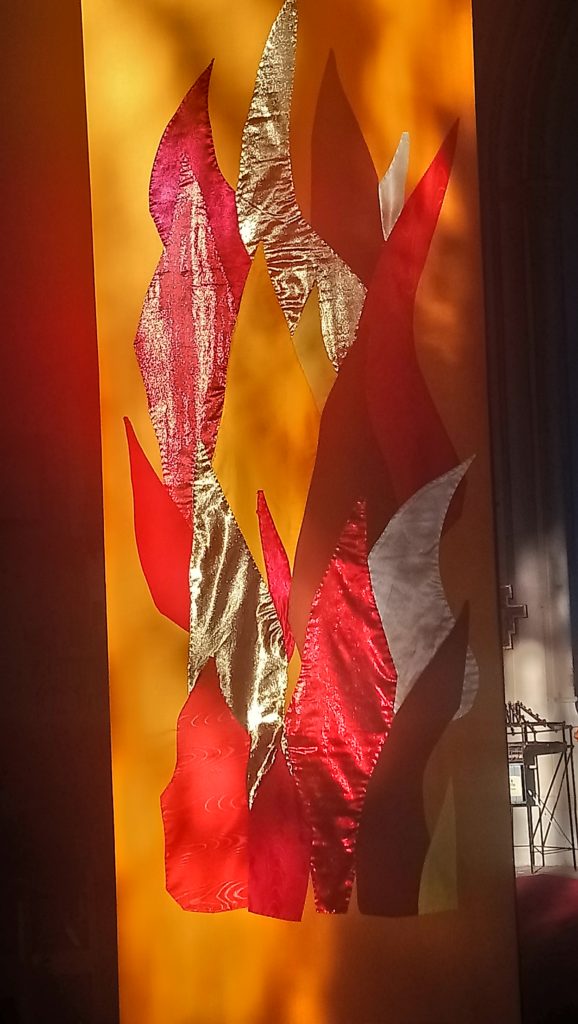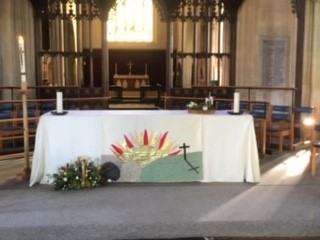Some of the most beautiful paintings and frescoes from the life of Christ are those depicting Jesus’s “Triumphal entry” into Jerusalem on Palm Sunday. One of the most famous was by Giotto on the walls of the Basilica of St Francis in Assisi – sadly damaged by an earthquake a few decades ago.
The drama clearly evokes the return of a Roman Caesar after some victorious battle, entering through some grand arch into Rome, while the crowds roar and wave branches. “Hosanna to the Son of David!” is the equivalent of, “Hail, Caesar, Emperor of Rome!”
But it’s not a golden chariot, but a colt, the foal of an ass, on which he rides. And his face, in all the paintings, is not glowing with contentment, but touched with a deep sadness.
This, for Jesus of course, is the start of the path to Calvary, so there’s no spring in his step. And indeed, this palm-waving is the very adulation that the Tempter promised him in the desert – the glamour of success – so Jesus is still on his guard against taking the easy way.
So why do it? Why play their game?
He doesn’t want praise and applause, he knows how fickle crowds can be: so why deliberately choose to enter on a donkey and accept the acknowledgement of the crowd? Why consciously mimic exactly the kind of Messiah that they are expecting, but which he shown time and again that he definitely is not?
Two things. Firstly, I think that Jesus is always correcting the distorted view of the Messiah that the people of Israel have extracted from scripture and prophecy. They have a “Ten Top Signs of the Messiah” list – and arriving on an ass is definitely on it. (We shouldn’t see an ass as a sign of ridicule, by the way. Horses were exclusively for the military, the ass was just normal transport). Everything is completed in Jesus; every prophecy fulfilled – but never in the way that’s expected. This is a triumphal entry, but the victory is yet to be achieved, and the triumph will be in a manner that not even the angels could have foreseen.
Secondly, the events of this week are of cosmic significance, and the clamour of the actual crowd fades into the background as we – and people of faith in every age before and after us – see the Servant King arriving in the city that bears his name. The moment is full of wondrous love. The look of sadness on Jesus face is not just for those crying hosanna, but for the lost-ness of the world in every age. It is a solemn moment where the very stones are ready to cry out to acknowledge the one who shaped them.
Nothing is really dependent now on whether or not his words have been heard and taken to heart.
Nothing is dependent on the Jewish authorities recognising the Word.
Everything hangs now on the simple obedience of a son to his father’s will.
Holy Week has begun.








